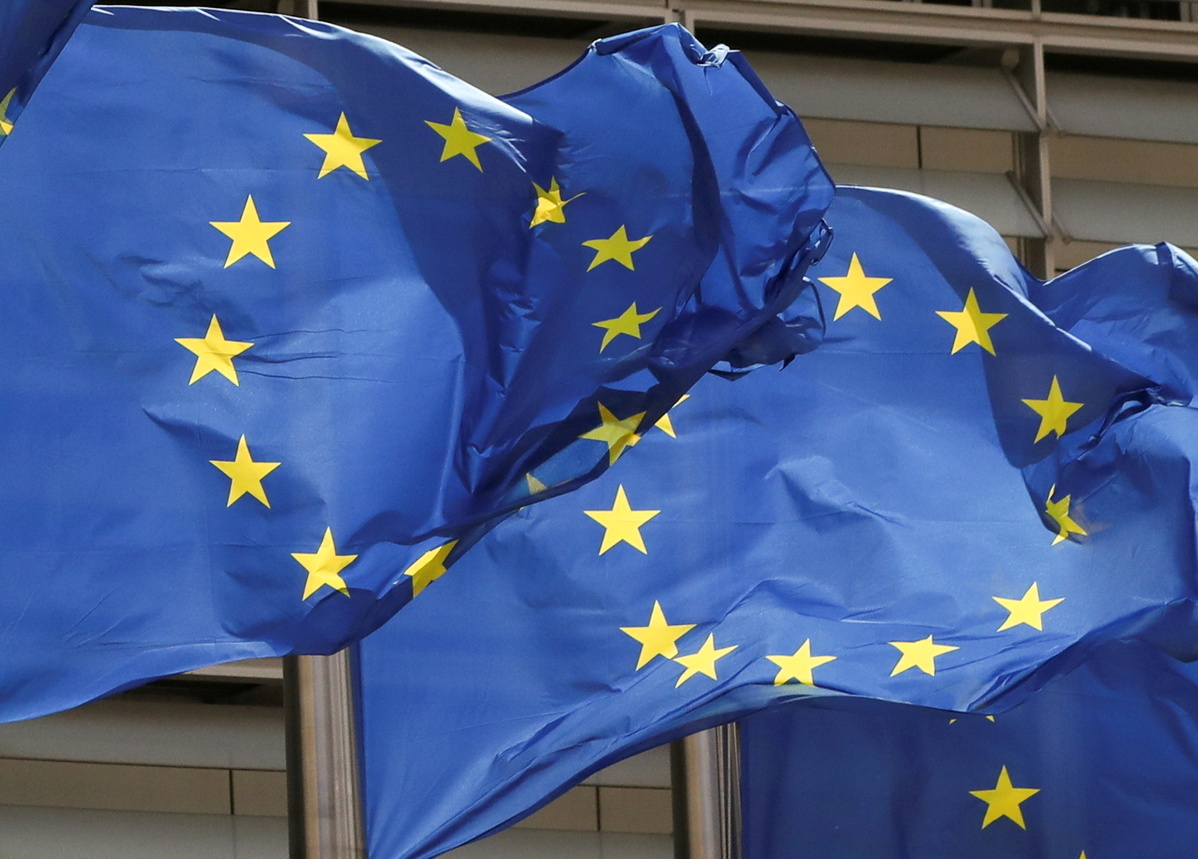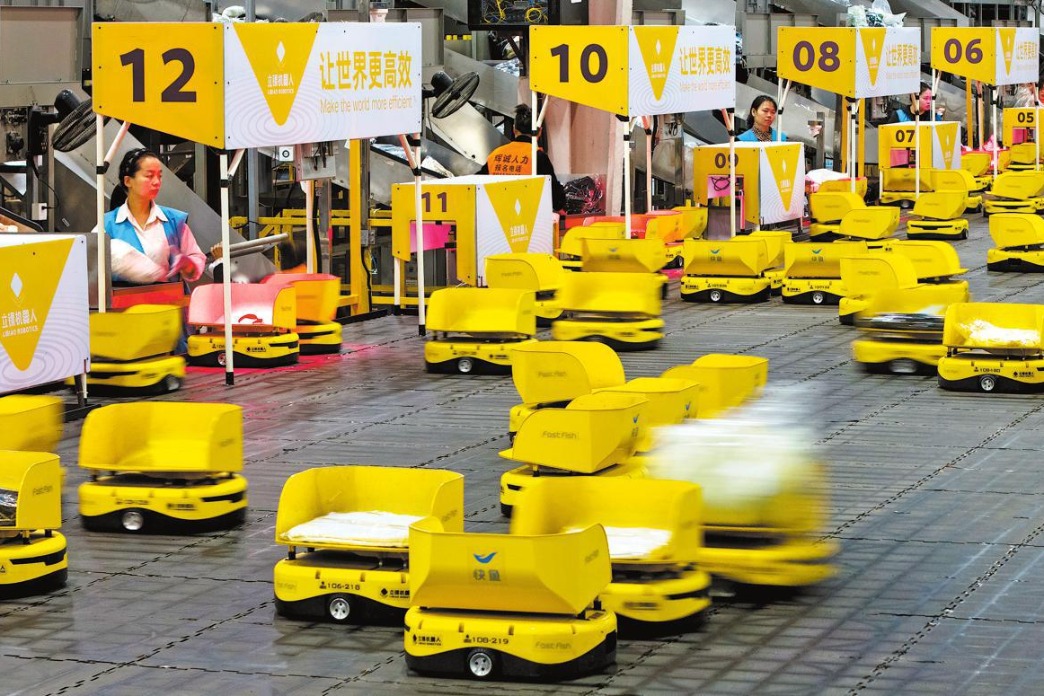Extraterritoriality of EU sanctions on Russia won't end Ukraine crisis


When the Donald Trump administration withdrew the United States from the Joint Comprehensive Plan of Action, popularly known as the Iran nuclear deal, and re-imposed sanctions on Iran in 2018, he also threatened to punish European Union companies if they carried out normal trade with Iran.
The EU condemned the extraterritoriality of the US sanctions for violating international laws and succeeded in establishing a payment mechanism known as INSTEX to help EU companies bypass US sanctions and continue trading with Iran. And despite the EU imposing 10 rounds of sanctions on Russia over the past 14 months, it has been saying that its sanctions do not carry extraterritoriality. But that does not seem to be the case when the EU weighs measures to sanction companies from China and other countries for their alleged sanction violations.
China has warned the EU against such long-arm jurisdiction and vowed to take resolute measures to protect the interests and rights of its companies in case the European bloc chooses to do so.
When I raised the question of the EU's contradictory stance on extraterritoriality at the daily briefing on Monday, the EU spokesman said he will not comment on any proposals. He also dodged the question on whether the EU might sanction Indian companies for buying oil from Russia, refining it and reselling it to EU member states.
Some 150 countries have refused to join the sanctions imposed by the US and the EU on Russia by continuing normal trade relations with Moscow. Are they all now subject to the EU's new "extraterritorial" sanctions?
The EU's 10 rounds of sanctions have indeed hurt the Russian economy, but they have also boomeranged on the EU, dampening its economic growth prospects, especially its industrial competitiveness and ambitious green and digital transitions.
The International Monetary Fund has forecast that the eurozone economy will grow only 0.8 percent in 2023 and 1.4 percent in 2024, much lower than the global average of 2.8 percent and 3.0 percent, respectively.
There is no doubt that an early end to the Russia-Ukraine conflict would help the EU's economic recovery, and secondary sanctions proposed by some EU politicians won't help the bloc achieve that goal.
The sanctions against Chinese companies are clearly aimed at undermining China's efforts to mediate peace between Russia and Ukraine, including its recent 12-point peace proposal to help end the conflict.
EU officials, from foreign policy chief Josep Borrell to German Foreign Minister Annalena Baerbock, have been questioning China's "neutrality" in the conflict by claiming that neutrality for China means being on the side of the aggressor. Yet they have never used such remarks to describe the role of India, South Africa, Indonesia and many other countries, which, like China, refuse to take sides in the conflict.
Haggling now over whether neutrality still exists is such a distraction and waste of time when diplomacy and negotiation are badly needed, especially just days before the bloody offensives and counteroffensives which both sides have been preparing for the past months.
Recent history shows that many European states didn't shy away from taking the side of the aggressor during the wars in Iraq, Afghanistan and Libya by sending their own troops to join the invaders and occupiers.
The fact that China and India are among the few countries that can talk with both Russia and Ukraine show that they are in a better position to promote peace. The EU and the US-led NATO are apparently incapable of doing this, simply because Russia won't talk to them.
If the EU truly wants China to play an instrumental role in helping end the conflict, it should stop spreading rumors about China's position in the conflict and its 12-point position document which is aimed at ending the Ukraine crisis, let alone applying extraterritoriality to its sanctions.
The longer this conflict in Europe lasts, the more damage it will inflict on Ukraine, Russia, the EU and indeed the rest of the world.
The author is chief of China Daily EU Bureau based in Brussels.


































